Department Of Cell And Developmental Biology
-
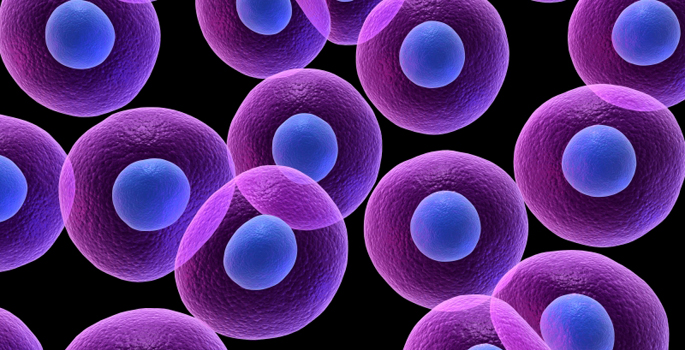
Analyzing single-cell landscapes
Qi Liu, PhD, Ken Lau, PhD, and colleagues have developed a new tool, sc-UniFrac, to quantify diverse cell types in single-cell studies. Read MoreNov 30, 2018
-

Novel genetic study sheds new light on risk of heart attack
Loss of a protein that regulates mitochondrial function can greatly increase the risk of a heart attack, report Eric Gamazon, Sandra Zinkel and graduate students Christie Salisbury-Ruf and Clinton Bertram in new research. Read MoreOct 11, 2018
-

Cancer Moonshot award to help map tumor progression
A trans-institutional team of researchers at Vanderbilt University Medical Center and Vanderbilt University has received an $11 million Cancer Moonshot grant to build a single-cell resolution atlas to map out the routes that benign colonic polyps take to progress to colorectal cancer, the third most common cancer among both men and women in the United States. Read MoreSep 27, 2018
-
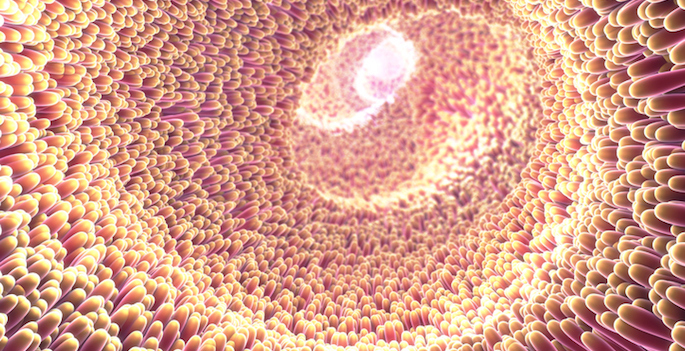
How microvilli form
Research led by Matthew Tyska gives new insight into the formation of the lining of the gut that helps us absorb nutrients and guard against illness. Read MoreSep 21, 2018
-

Repairs in the basement membrane
New research by Andrea Page-McCaw shows that a membrane that wraps around most animal tissues can heal within 24 hours, but does leave a scar. Read MoreAug 9, 2018
-
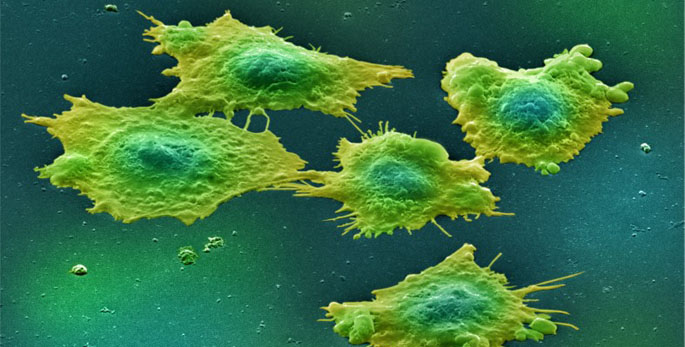
SMAD4 clue to colon cancer
Chronic inflammation is a predisposing condition for colorectal cancer, the third leading cause of cancer-related deaths in the United States. Anna Means, Ph.D., and colleagues have now linked inflammation-driven carcinogenesis in the colon to loss of an important signaling protein called SMAD4. Read MoreJul 5, 2018
-

Looking beyond the ‘magic bullet’ approach to drug discovery
Vanderbilt scientists have developed a new process that can rapidly and inexpensively identify personalized cancer drugs derived from nature. Read MoreMay 1, 2018
-

Toxin floats on lipid rafts
The bacterium H. pylori is a leading cause of stomach cancer, and Vanderbilt researchers are studying how one of its toxins gets into cells. Read MoreApr 23, 2018
-
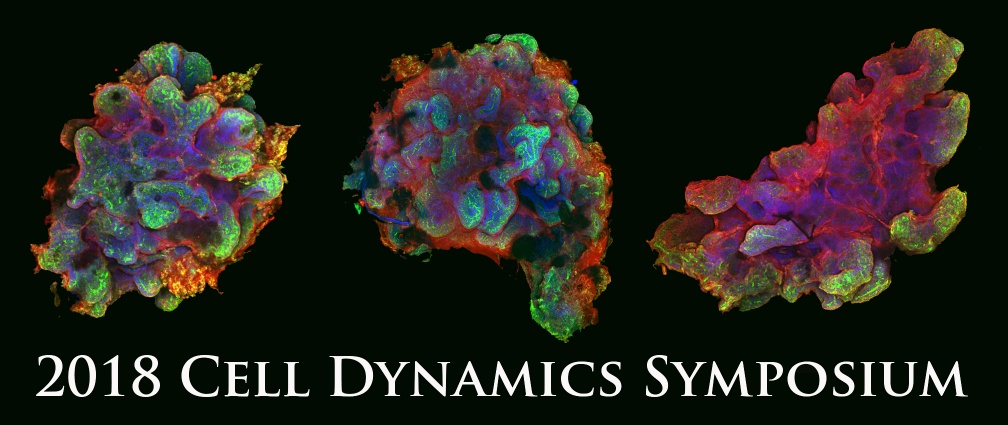
Department of Cell and Developmental Biology hosts Cell Dynamics Symposium May 24–25
The Department of Cell and Developmental Biology within the Vanderbilt University School of Medicine hosts its second Cell Dynamics Symposium May 24–25 in Wilson Hall. Read MoreApr 20, 2018
-

MIT’s Orr-Weaver wraps up spring Discovery Lecture series April 26
The spring Flexner Discovery Lecture series wraps up on Thursday, April 26, with a presentation by Terry Orr-Weaver, PhD, professor of Biology at the Massachusetts Institute of Technology. Read MoreApr 19, 2018
-
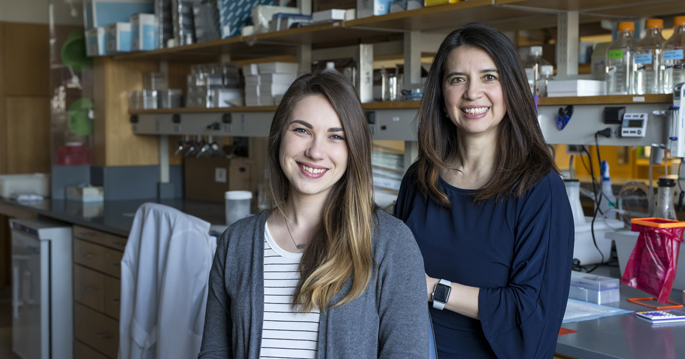
Study tracks protein’s role in stem cell function
MCL-1 is a member of the BCL-2 family of proteins important for blocking apoptosis, or programmed cell death. Many types of cancer cells escape the body’s effort to kill them by overexpressing MCL-1. Read MoreMar 22, 2018
-
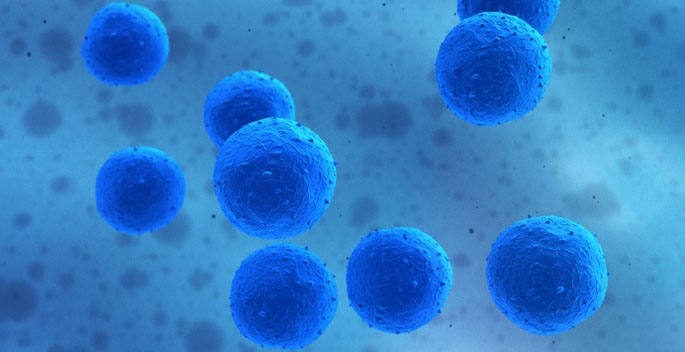
Structure of a stem cell niche
Understanding the specialized environment where stem cells reside is important for developing stem-cell based regenerative therapies. Read MoreFeb 28, 2018
-

Cell skeleton and the brush border
Vanderbilt researchers have discovered a role for microtubules — part of the cellular “skeleton” — in organizing the unique sidedness of the epithelial cells that line organs like the intestines. Read MoreJan 31, 2018
-

Macara named ‘Pink Tie Guy’ for Komen breast cancer research
Ian Macara, PhD, Louise B. McGavock Professor and Chair of Cell and Developmental Biology and co-leader of the Signal Transduction and Chemical Biology Research Program at Vanderbilt-Ingram Cancer Center (VICC), has been named one of the Pink Tie Guys for the Susan G. Komen Central Tennessee organization. Read MoreJan 11, 2018
-
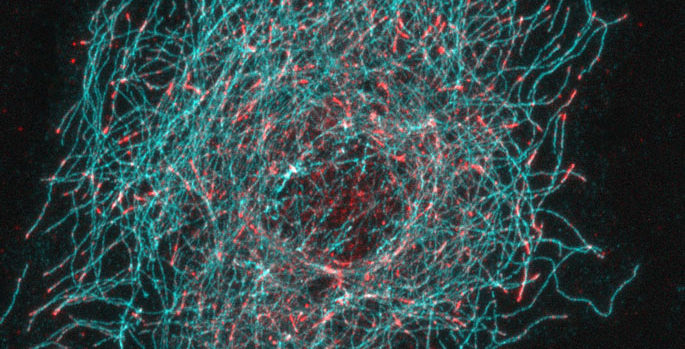
Research sheds light on how microtubules are assembled
Microtubules are the “railroad tracks” essential for moving intracellular “freight” around in the cell. They’re also part of the spindle that pulls the two centrosomes apart during cell division. Read MoreJan 4, 2018
-

Lineage tracing in the gut
Vanderbilt investigators have developed an algorithm to classify cell types from experimental data, making it possible to understand how organs develop. Read MoreNov 30, 2017
-
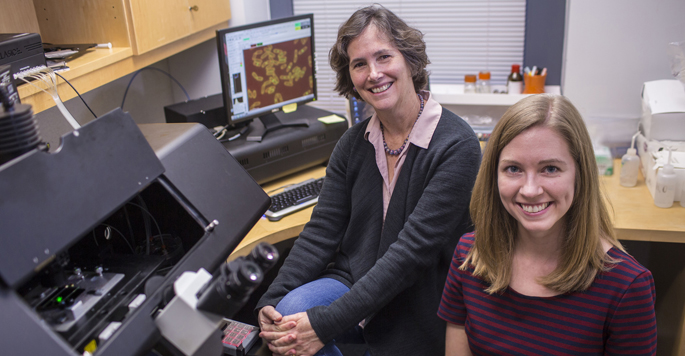
Advanced imaging tools reveal architecture of cell division machinery
Using super-resolution microscopy tools in the Nikon Center of Excellence, Vanderbilt investigators have determined the molecular architecture of the contractile ring machinery that functions during cell division — a process that is essential for life. Read MoreNov 9, 2017
-

Researchers find novel mechanism of resistance to anti-cancer drugs
Vanderbilt investigators have discovered a novel non-genetic cause of resistance to the targeted anti-cancer therapy cetuximab. Their findings, reported this week in Nature Medicine, suggest a strategy for overcoming this resistance. Read MoreOct 17, 2017
-
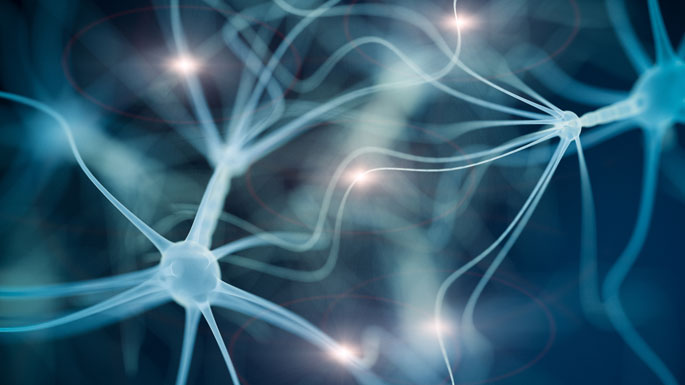
Goal of new tissue-chip research is to assess efficacy of novel epilepsy drugs
An interdisciplinary team of Vanderbilt University researchers has received a two-year, $2-million federal grant to develop an “organ-on-chip” model for two genetic forms of epilepsy. Read MoreSep 20, 2017
-

Epigenetics expert Allis set for Sept. 7 Discovery Lecture
Internationally known epigeneticist C. David Allis, Ph.D., will deliver the first Flexner Discovery Lecture of the academic year at 4 p.m. Thursday, Sept. 7, in room 208 Light Hall. Read MoreAug 31, 2017